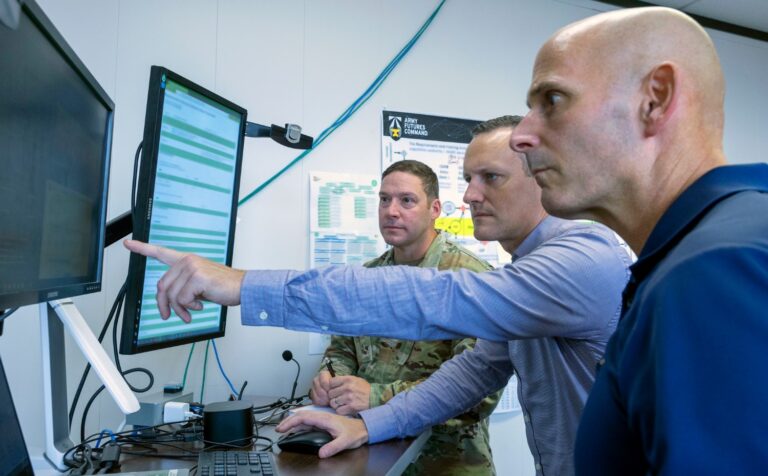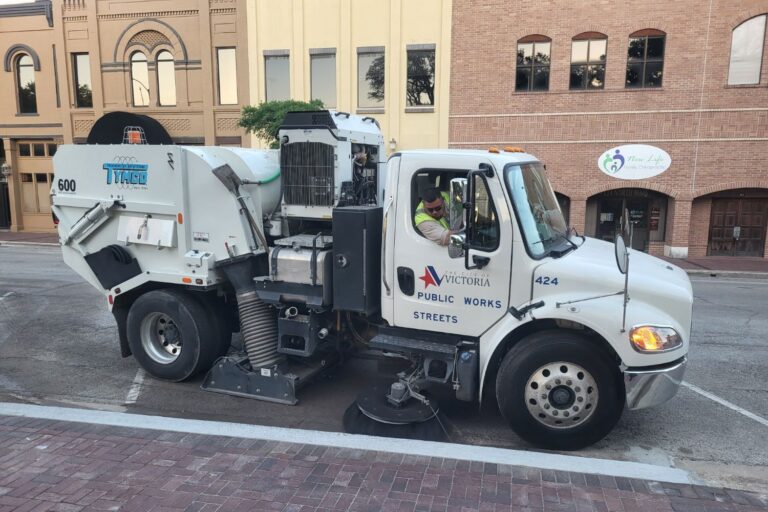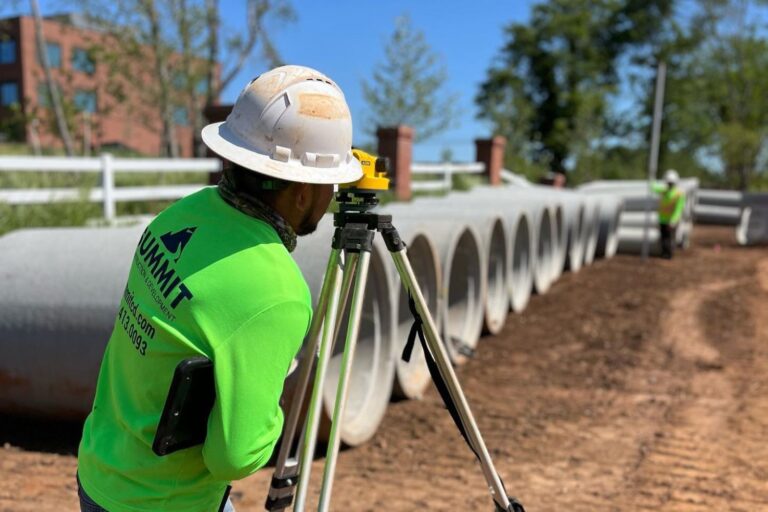The Backer & Its Perceptive Bets on Future Makers: Old yet Ever Gold Strategies
Venture capital is a subset of private equity. While the roots of private equity can be traced back to the 19th century, venture capitalism only developed as an industry after the Second World War.
But who is the oldest venture capital company in the world? It is almost certainly Bessemer Venture Partners, who were created as the venture arm of Carnegie Steel. Founded in 1911 by Henry Phipps, the entity is a venture capital firm that invests in enterprise, consumer, and healthcare early-to-late-stage startups.
Now Henry Phipps is no longer here with us, but the legend has left a legacy that’s stuck to the core of the firm for more than 100 years.
Solid foundations – Lasting Impacts
The Bessemer process for making steel was the first economical process for making steel from impure (pig) iron. It was invented by Englishman Henry Bessemer in 1858. Carnegie was also born in Britain, although in Scotland.
One of the big breakthroughs for Carnegie was the adoption of the Bessemer process, which brought down the price of steel, which was in especially high demand to build the railroads.
Henry Phipps Jr. was a lifelong friend and business partner of Andrew Carnegie. The second-largest shareholder in Carnegie Steel, he had a brilliant mind for finance and accumulated one of the 100 largest fortunes in American history.
With that wealth, Phipps built extensive public parks and conservatories throughout his hometown of Pittsburgh. He funded research into the treatment, prevention, and cure of tuberculosis, an effort which led him to create reduced-cost housing for the working poor. Perhaps most notably, he funded the creation of the country’s first medical faculty in the field of psychiatry.
In 1911, Henry Phipps, one of Carnegie’s co-founders of Carnegie Steel, established Bessemer Securities as a family business. It became Bessemer Venture Partners in 1974 and ceased to be purely a family trust. Its headquarters moved to Silicon Valley in 1975.
The family’s investment platform, Bessemer Securities, is named after the Bessemer steel making process employed by Carnegie Steel. Bessemer Securities has been investing in private companies for more than a century and is the capital base behind Bessemer Investors. And Bessemer Venture Partners currently supported by Bessemer Securities
Bessemer Venture Partners was born from innovations in steel that literally forged modern building and manufacturing. Today, their team partners with audacious entrepreneurs building enduring companies.
Places Bold Bets on Tech-Empowered Future
Despite being founded more than 100 years ago, Bessemer didn’t actually enter the venture business until 1965. Since then, the capital firm has kept a tenet core to help entrepreneurs visualize their ideas.
The capital invests early in promising technology companies and empowers visionary entrepreneurs to lay strong foundations to create companies that matter – and supports them through every stage of their growth.
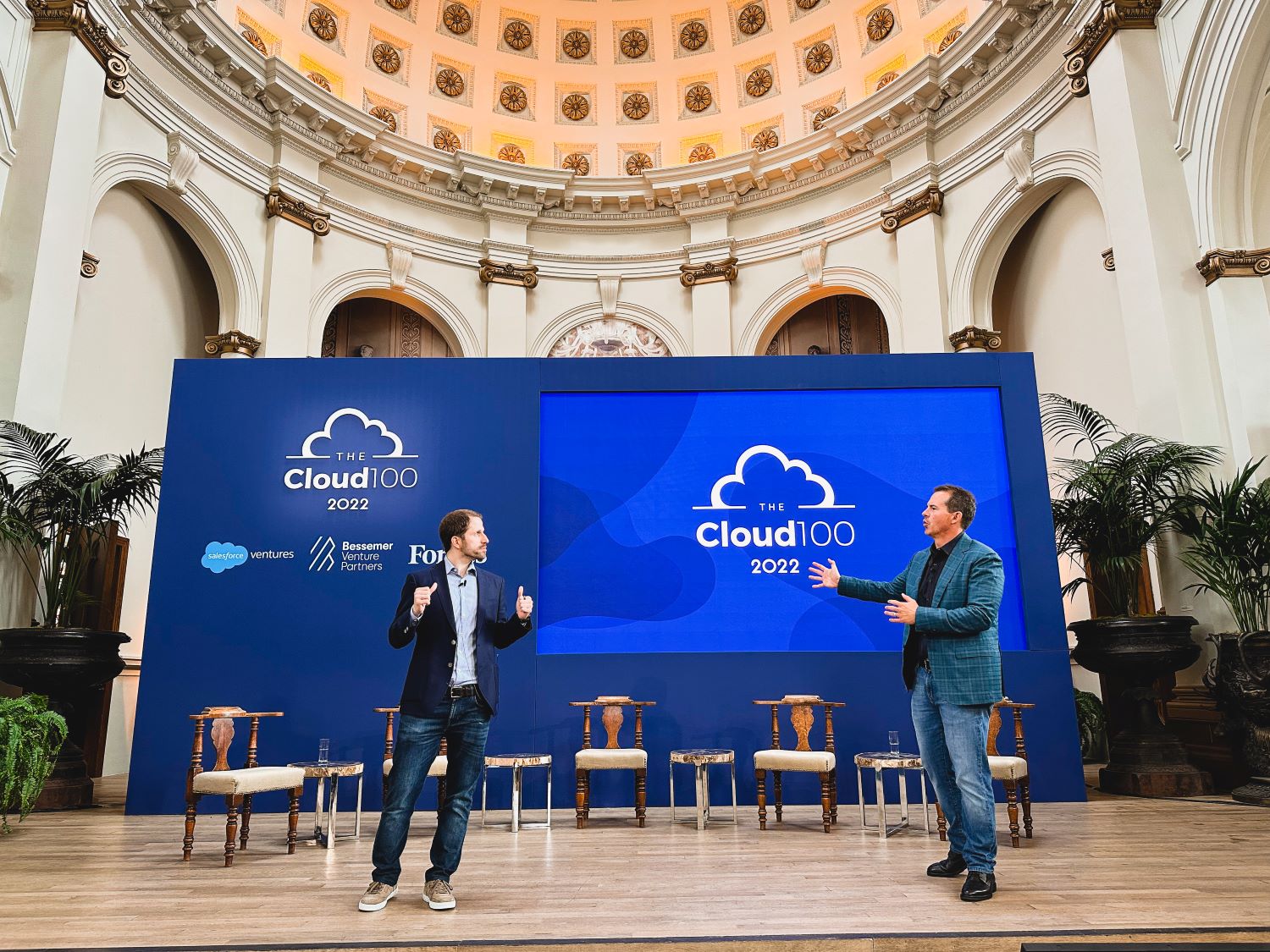
With more money than ever before available for backing startups, the challenge now for VCs is to see how and if they can find (and invest in) whatever will define the next generation of tech, in competition with an ever-wider field of investors with deep pockets.
Some of those firms are bringing more than just money to the table — they’re bringing ideals and ideas — and some of them are being spawned as talent leaks from the bigger firms.
Bessemer is not a stranger to those trends and so is carving out a place for itself and what it can bring — not just money, but its eye for success, its reputation and the networking that this brings, and its time and commitment.
“As venture capitalists, we pay too much attention to pattern recognition and matching when in reality, the biggest opportunities exist where those patterns break,” the firm wrote in a blog post.
Their job is to make perceptive bets on the future, especially those that others will dismiss and ridicule. They are fundamental optimists and strong believers in the power of innovation, putting their reputation, time, and money to help entrepreneurs realize a different future. They’re the ones pioneering something entirely new and obscure — a technology, a business model, a category.
According to Tess Hatch, a partner at Bessemer Venture Partners, “I want to invest in technology and people who believe as strongly as I do that deep tech will help society in ways (perhaps some unbeknownst) such as this. Imagine drones delivering emergency medical supplies like AED devices or EpiPens that can save a person’s life during a heart attack or allergic reaction.”
She added, “Imagine clean meat decreasing carbon emissions dramatically and allow us to sustainably feed our population using a fraction of the water that we now use. Imagine all of the other deeply technical industries that we need to invest in to develop solutions for societal problems.”
At Bessemer, there’s no corner office or consensus; every partner has the choice, independently, to pen a check. This kind of accountability and autonomy means a founder is teaming up with a partner and board director who thoroughly understands a specific business and can respond quickly and decisively.
Buried deep in their identity is a tightknit group of independent partners. They ask hard questions of each other, always looking to point out blind spots and get a better sense of the unseen and unknown.
Moreover, they partner with hundreds of entrepreneurs in much the same way: asking the tough questions, making meaningful connections with their extended Bessemer family, jumping on midnight calls, and letting them do what they need to do to build revolutionary companies.
With that in mind, the capital firm not only creates an ideal ecosystem for the long-term success for entrepreneurs, but also architects a strong track record for years.
Establishes Itself as a High Performer for over a Century
Bessemer Venture Partners proves to be the “great guy” behind aspirational entrepreneurs, laying robust foundations for them to forge long-standing companies. With more than 135 IPOs and 200 portfolio companies in the enterprise, consumer, and healthcare spaces, Bessemer supports founders and CEOs from their early days through every stage of growth.
Bessemer’s global portfolio includes Pinterest, Shopify, Twilio, Yelp, LinkedIn, PagerDuty, DocuSign, Wix, Fiverr, and Toast, and has $19 billion of assets under management. Bessemer has teams of investors and partners located in Tel Aviv, Silicon Valley, San Francisco, New York, London, Boston, Beijing, and Bangalore.
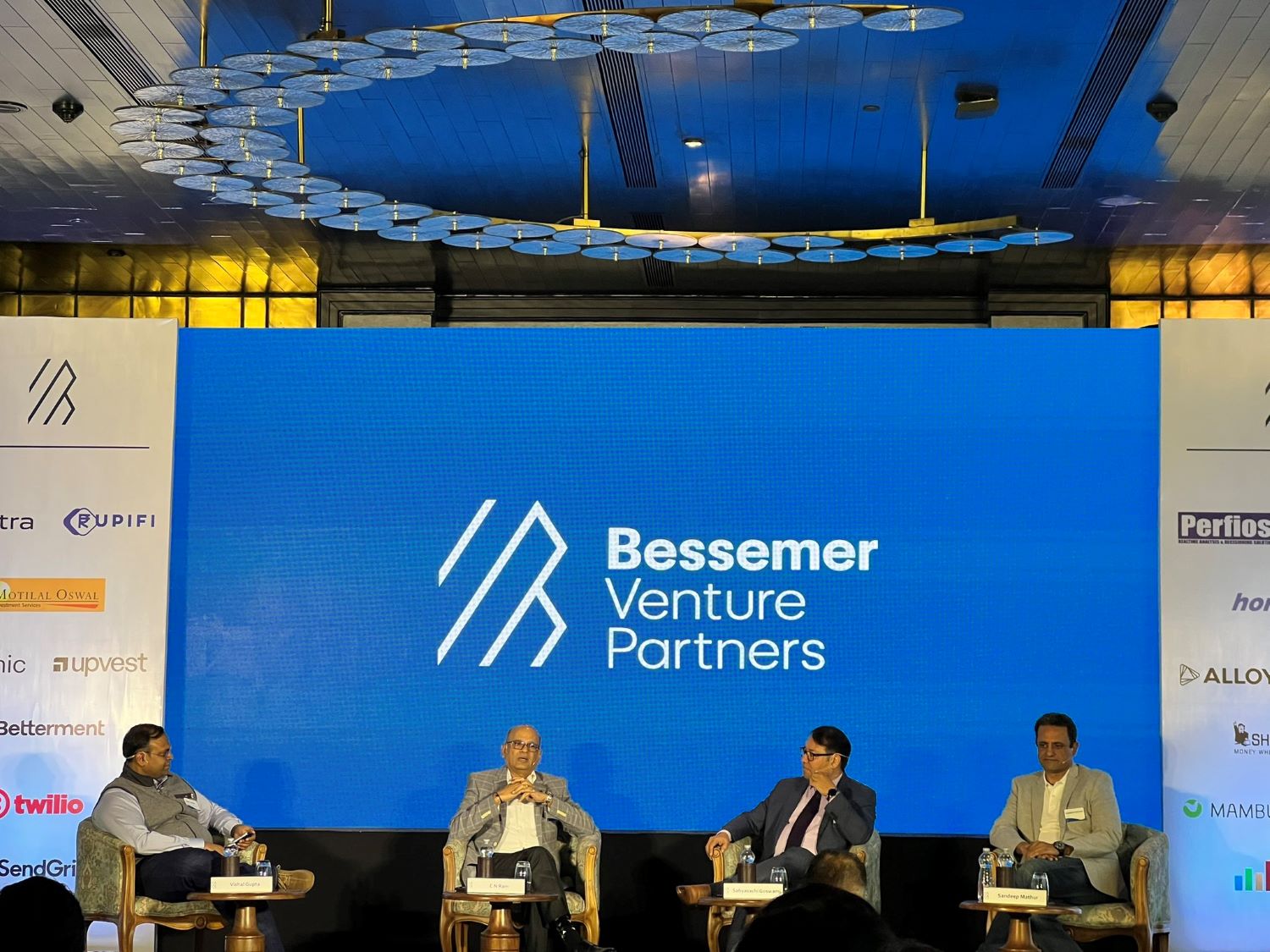
With a ticket size of $1 Mn to $50 Mn, Bessemer plans to use the new capital in early-stage startups specializing on consumer internet and cloud software, including marketplaces, digital health, social commerce, vertical and global SaaS (software-as-a-service). It will participate in seed to Series A round of 12-15 startups, with a commitment to move along the growth cycle of the startups.
With offices in Boston, New York, San Francisco, India and Israel, the Redwood City-based firm backs global startups at the seed, Series A and Series B stages.
As a well-established venture capital firm with a diverse portfolio of 1,330 investments across various industries. Their recent investment of $15M in Kindred on Apr 19, 2023, indicates their continued interest in early-stage companies.
In addition to their investments, Bessemer Venture Partners has made a commitment to diversity with 176 investments in underrepresented founders and companies, including their most recent diversity investment of $10M in ForeVR Games on Oct 27, 2022.
With 294 exits, including notable companies such as Twitch, Pinterest, and Shopify, Bessemer Venture Partners has a proven track record of successful investments.
Furthermore, the acquisition of Litify on Feb 9, 2023, demonstrates their interest in expanding their own capabilities by acquiring companies.
During its lifetime, Bessemer Venture Partners has raised a total of $14.3B across 14 funds, their latest being BVP Forge fund. This fund was announced on Sep 9, 2022, and raised a total of $780M.
The Forge fund is specifically designed for growth buyout and significant minority transactions in software and tech-enabled services businesses. Through this fund, BVP Forge will invest in and support management teams with a dedicated platform and its ForgeEdge operational program while leveraging the network and expertise of the Bessemer platform.
Gets into The Buyout Business to Empower the Outcasts
With $780 million, their plans are to take a page out of the private equity playbook and use that pool to take majority and large minority positions in more established software and tech-enabled services businesses.
In a nod to its roots as a family office for Carnegie Steel co-founder Henry Phipps, Bessemer dubbed its new buyout vehicle, which it launched in December, the BVP Forge fund.
But why Bessemer was getting into private equity-type deals after more than a century of venture investing was the big question in 2022.
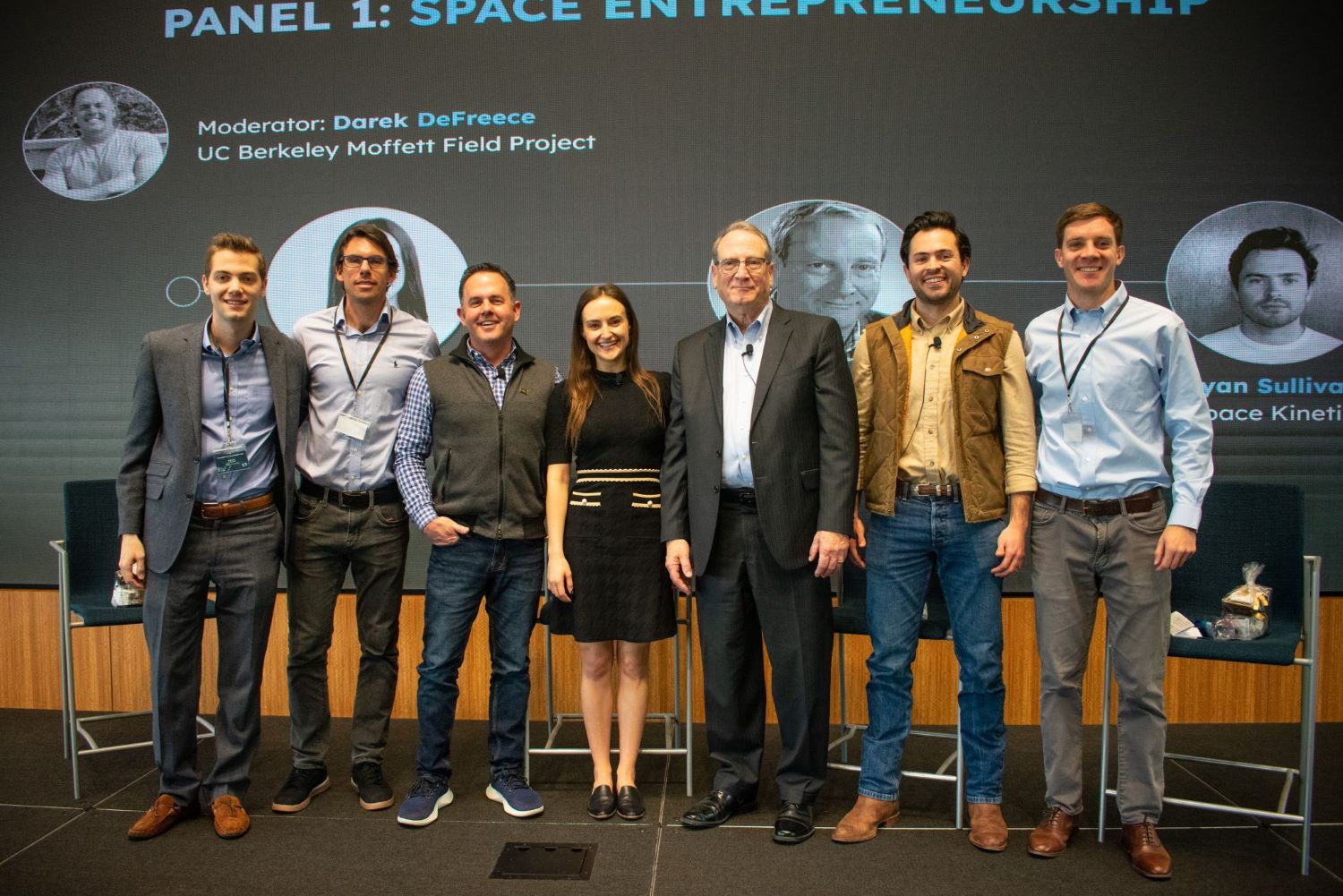
To clarify this, the capital firm says that they uncover many companies that are really incredible businesses, but they just don’t fit the profile of what a venture fund would invest in. They may be right down the fairway as far as being in an industry Bessemer invests in, but maybe the company’s only growing by 20% or 30% instead of by 100% or 200%.
Or maybe the company wants to do a majority investment deal instead of a minority deal. Maybe the company’s already cash-flow positive.
These types of businesses may be fantastic businesses, but they don’t fit the risk-return profile of what goes in a typical venture capital fund portfolio. Instead, they make for great private-equity investments.
Bessemer has done some of this opportunistically over the last decade or so, and they turned out quite well.
Hence, the partners said, “Let’s leverage this incredible platform we have and the other things we can give such as our legendary executive network. Let’s work with companies that are great businesses, but they’re more established.” They’re what we call self-sustaining, and they’re more interested in control deals.
Rob Arditi, a founding partner of BVP Forge, said that, “We can offer them a premier venture capital firm paired with a standalone private equity fund. The CEO of the companies we work with will get the best of both worlds.”
The catalyst for them getting involved is typically shareholders looking for liquidity. The companies they invest in will be strong companies. They’re not doing turnarounds. These are companies that are doing quite well. They don’t need capital to continue their growth path.
There are more of these opportunities now than in recent years. In the current market environment, people are recalibrating their portfolios and reevaluating their situations.
Many investors really want to focus on breakout opportunities. But it makes sense to generate some liquidity for companies that are still great, even if they won’t have a breakout IPO-like return.
Taking about the preferable sectors, Rob Arditi shared, “We are looking to complement Bessemer’s well-known roadmap, such as financial risk management, patient access within health-care technology or supply chain collaboration.”
To be considered suitable for the fund, a company needs to have somewhere between $10 million to $50 million in revenue. It is growing somewhere between 10% to 50%. It’s generally break-even or better.
It doesn’t need capital to maintain its growth rate, which is why we call it self-sustaining, but they are interested in meaningful liquidity where we come in and buy somewhere between 50% to 90% of the business. The existing shareholders have an opportunity to maintain some equity and then benefit from the programs that we will bring to the business once they own it.
The size of their target equity check will be somewhere between $30 million and $125 million, but I suspect a lot to fall into a range of $50 million to $100 million. So, they’re not focused on companies that have an enterprise value that’s north of a billion dollars.
One thing about Bessemer Venture Partners is they are bullish on things that many do not want to touch. In 2022, according to recent studies, the main cloud challenges enterprises were confronting included security, governance, compliance, finance and talent. In front of the barely positive landscape of the sector, BVP has proven the opposite.
Keeps a Bullish Viewpoint on the Cloud Sector
In the few short months since the launch of large language models by ChatGPT in November, artificial intelligence is set to revolutionize the tech sector according to the latest Bessemer Cloud report in April 2023.
“Every single category of SaaS software is going to be changed in a meaningful way by this technology,” said Kent Bennett, a partner at Bessemer Venture Partners, in a conversation with Crunchbase News.
“In a survey of our entire Bessemer investment team, 96% of our investors see portfolio companies with AI-driven features on the roadmap,” according to the report. The team ranked tools for sales, HR, legal and infrastructure as areas impacted by AI as well as supply chain software.
The competition between centralized platforms like OpenAI and Anthropic, alongside decentralized or open-source models from the likes of Stability AI, makes these technology models accessible and cheaper to deploy.
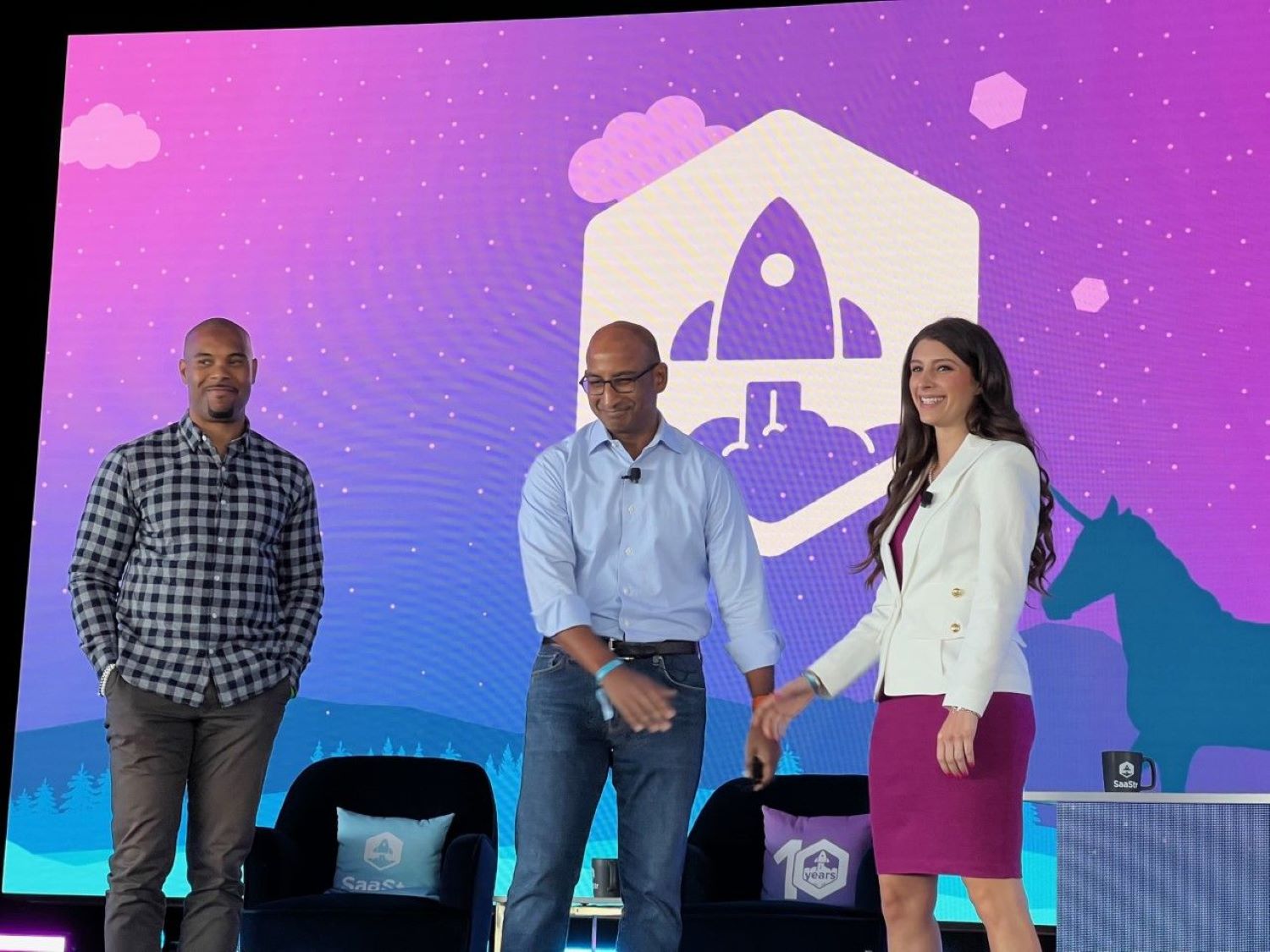
In the meantime, public cloud companies have not recovered from the downturn. “We’ve sort of bumped along,” said Bennett.
A year ago, the Bessemer Cloud report valued public cloud companies at $1.6 trillion, down 40% from the prior year. Public cloud companies are valued at $1.3 trillion as of this month, shaving a further $300 billion in market value in the past 12 months.
It has not helped that zero cloud companies went public in 2022, according to the report.
Not to mention the number of private cloud companies with $100 million in revenue is expanding.
In 2019 that count was 35. It grew to 60 in 2021. For 2022, around 50 new companies reached $100 million in revenue, below the 70 projected a year earlier, but still the second-highest count in the past four years.
“The SaaS companies themselves have actually not stumbled in a huge way,” said Bennett on “Centaur” businesses that are scaling $100 million and beyond in ARR.
The firm’s guidance on startups fundraising is not to wait. Raise before it’s needed and test the waters. “As we often say, the best time to fundraise is when you do not need the money,” said BVP in the report.
A big part of it is something they coined: the SaaSacre, is more attributable to more to the external shock of interest rate hikes. Within the year they moved from a hyper-low interest rate environment, out of that, which caused (stock) multiple compression — which was quite external to any business fundamentals at the time.
Beginning in June in public and private markets, they started to see cloud businesses start to experience a deluge of headwinds stemming from recessionary fears. These included things such as lengthening sales cycles, tighter customer budgets and more scrutiny (of those budgets). Fundamentals began to weaken slightly.
Bottom Lines
Although BVP is one of the older firms in the valley, there has been a new wave of investors, some like SoftBank with very deep pockets, and others with less money but a lot of credibility.
However, one pattern that consistently emerges is that Bessemer’s best investment decisions centered on people. In retrospect, the early products themselves are barely recognizable today. Rather, passionate, analytical and relentless founders zigged and zagged their way to that elusive “product-market fit”, and these memos provide a glimpse of those winning entrepreneurs before they were famous.
That might be the insight that keeps the capital firm slayed in the ecosystem that’s getting nothing but severer. But the more the merrier, it will be interesting to see how its next moves play out for the firm.



